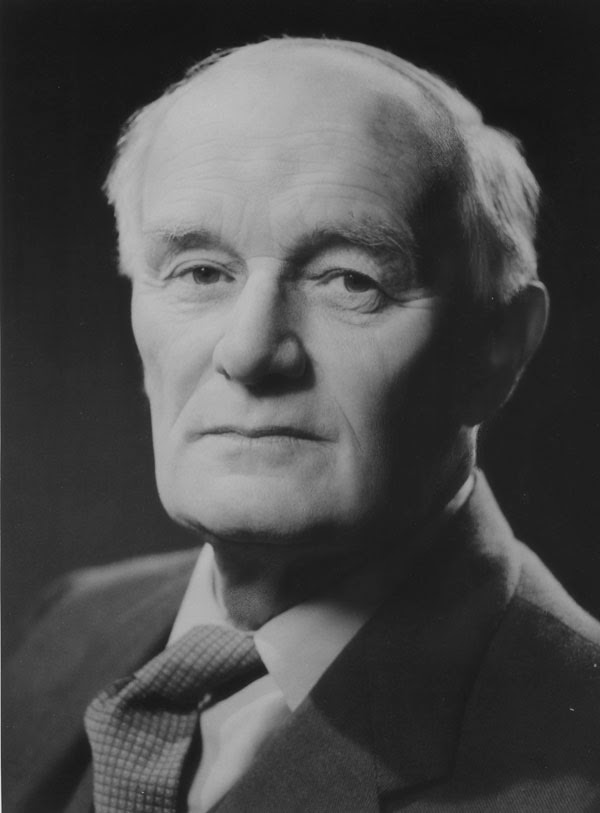 Thomas Humphrey Marshall was a British sociologist knowed for his essays such as "Citizenship and Social Class".
Thomas Humphrey Marshall was a British sociologist knowed for his essays such as "Citizenship and Social Class". In this essay he analyzes the citizenship development from three points of view: from the civil rights, political rights and social rights development.
For him you only have a complete citizenship when you have all of the three rights and it doesn't depend on which social class you are in.
But Marshall says that this rights don't end with the social classes or the social inequality.
For him only the men had the right to have all this rights.
In his essay he explains that this three rights had a different development rate.
He says that the first ones that had a completed development were the civil rights with the individual liberty, the personl liberty, the liberty of word and conscience, the property and hiring rights and the equality underthe law.
It was during the XIX century.
The political rights with the involvement of the politicians in the army as electors or electors' representatives and the political citizenship principle establishment.
It was during the end of the XIX century.
The social rights development was the last one, during the XX century, with the education for everyone, the public health, access to different services..
A person would have it just for being a citizen, it didn't matter the social class you were in.
Marshal ends saying that this three groups of rights are just the beggining of a lot more of rights.
No hay comentarios:
Publicar un comentario